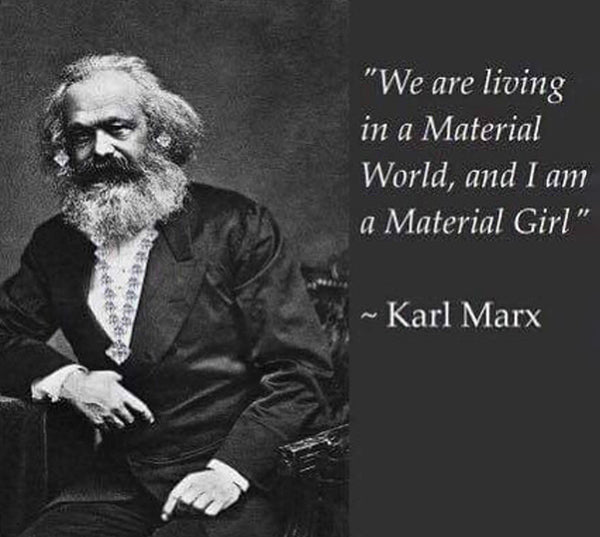Philosophical Dictionary
-

From Cynicism to Stoicism: How Diogenes of Sinope Laid the Philosophical Foundation for Stoic Thought
By Markus Uehleke
Discover how Diogenes of Sinope's radical Cynicism laid the groundwork for Stoic philosophy. This analysis compares ancient texts to reveal how concepts of self-sufficiency, emotional detachment, and cosmopolitanism evolved from provocative Cynic practices into the systematic philosophical framework of Stoicism. -

The Münchhausen Trilemma: Why Proving Everything Is Like Pulling Yourself Out of a Swamp by Your Own Hair
By Markus Uehleke
Explore the Münchhausen trilemma, the fascinating philosophical puzzle that shows why all knowledge faces three unsatisfying options: infinite regress, circular reasoning, or unprovable assumptions. Learn why absolute certainty is elusive and how to think more clearly anyway. -

Pooping At Work: Marx and Us
By Caroline Black
In which we discuss Karl Marx's criticisms of capitalism, us, the Labor Theory of Value, and freedom. With bonus thought experiment.
-

Karl Marx: The Ultimate Hegel Bro
By Caroline Black
A discussion of the influences of Hegel's dialectics on the work of Karl Marx, and his influence on the greater world.
-

Think Capitalism Is Your Bestie? Ask Karl!
By Caroline Black
In which we discuss Karl Marx's anti-capitalist roots, delving into the history of the Industrial Revolution in the 19th century and relating these critiques to our current situation as society in late stage capitalism.
-

Constructive Discussion on Social Constructs
By Caroline Black
In which we discuss the philosophical concept of the social construct. What is a social construct and what makes something a social construct?
















